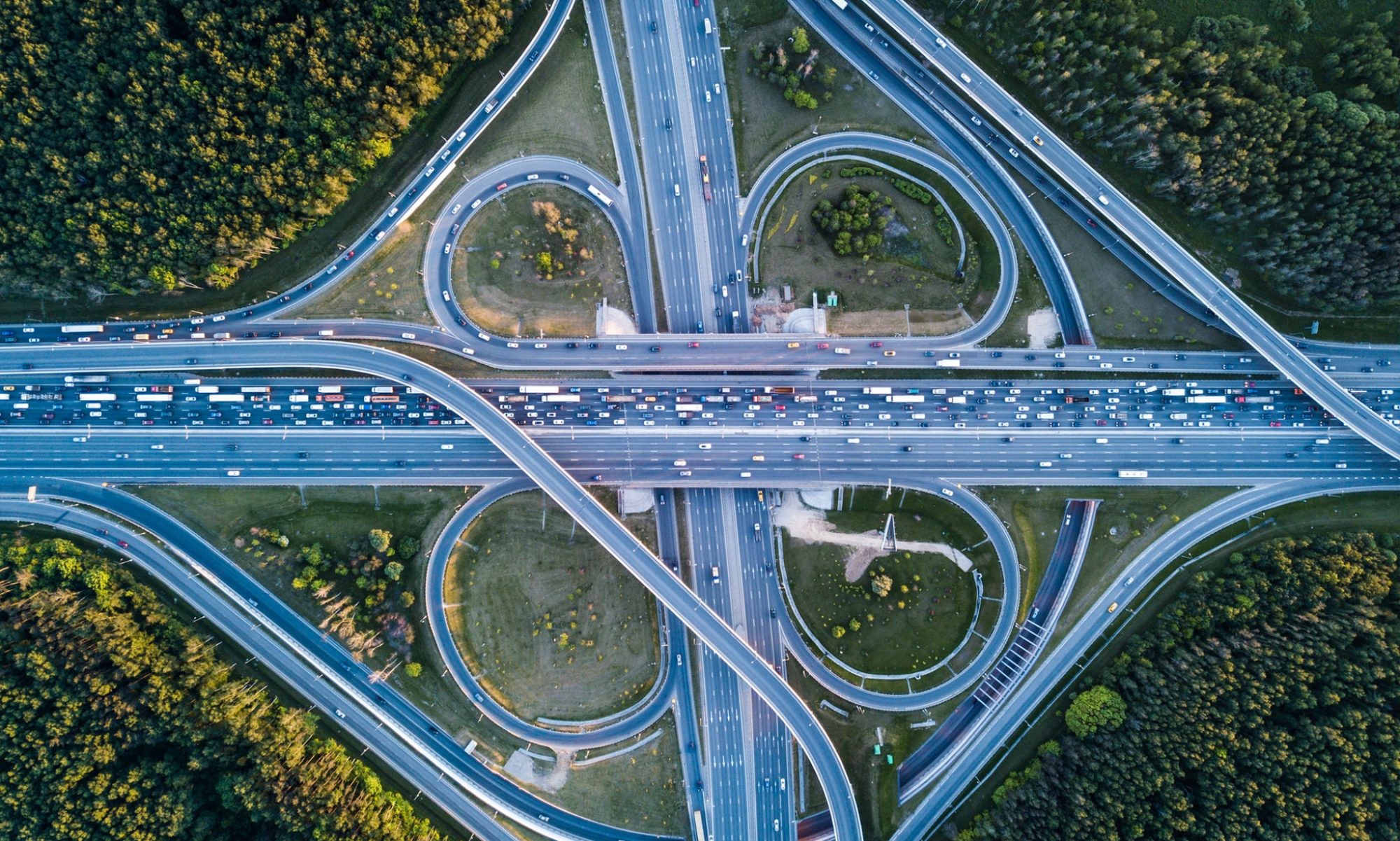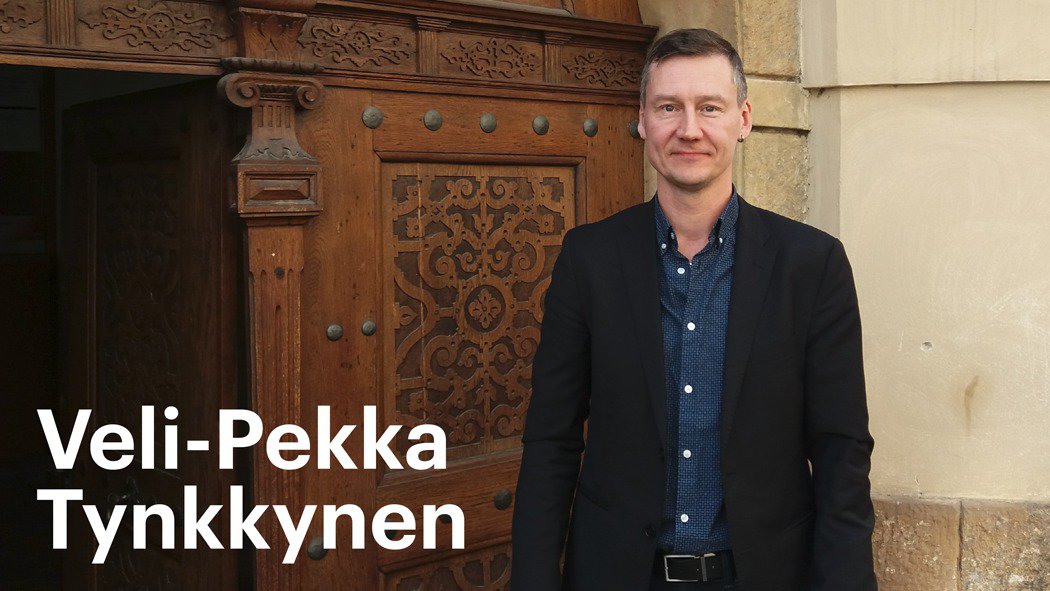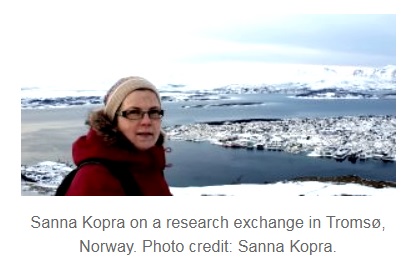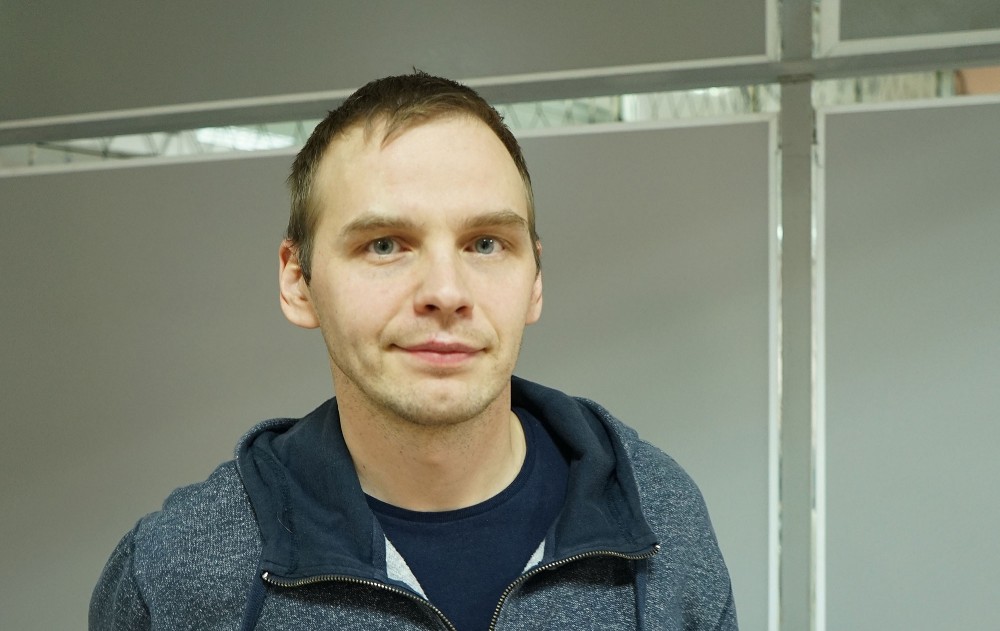Sanna Kopra, together with Tiina Vaittinen, Mikko Räkköläinen and other members of the board of Finnish Peace Research Association, wrote a guest column “Suomi profiloituu konfliktinratkaisun suurmaana, mutta rauhantyöstä on leikattu viime vuosina tuntuvasti – Kuinka käy ensi vaalikaudella? Puolueet vastasivat 3 kysymykseen” (Finland is expertising as a major conflict resolution state, but peace work has been severely cut in recent years – How will it be in the next parliamentary term? The parties answered 3 questions) for The Ulkopolitist.
As the issues of peace work have been left out of the election debates, the author of the column asked major parties’ leaders and representatives 3 questions: 1) How high do you think peace and conflict research and peace mediation should be in the Finnish foreign policy priority list during the next parliamentary term? 2) What is your party ready to do in order to preserve the peace expertise and conflict research in Finland in the future? 3) What do you think are the biggest challenges for peace mediation at the moment and how will your party respond to them during the next term?
With elections coming already this Sunday, the column is of special interest for the voters. You can read the guest column on The Ulkopolitist website.





